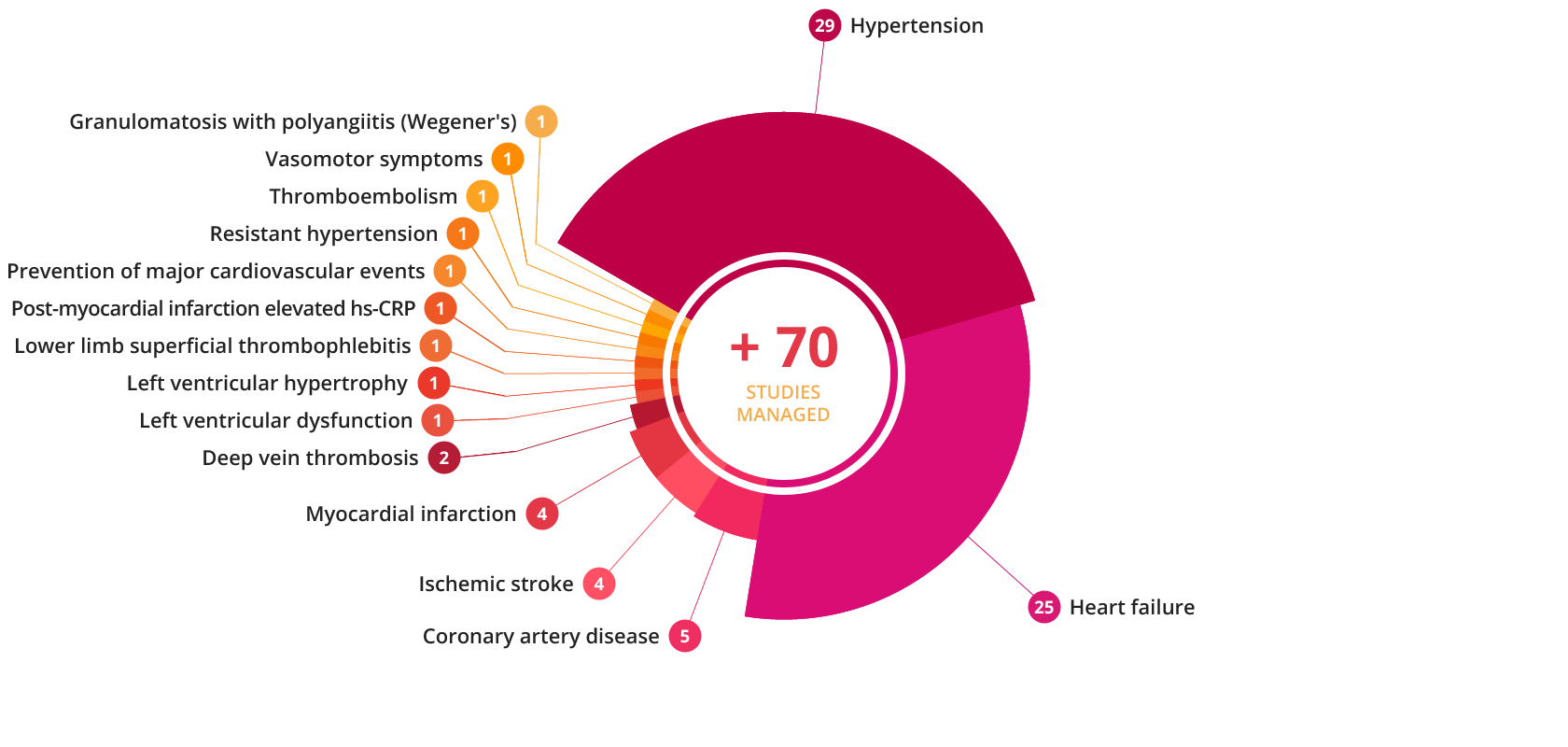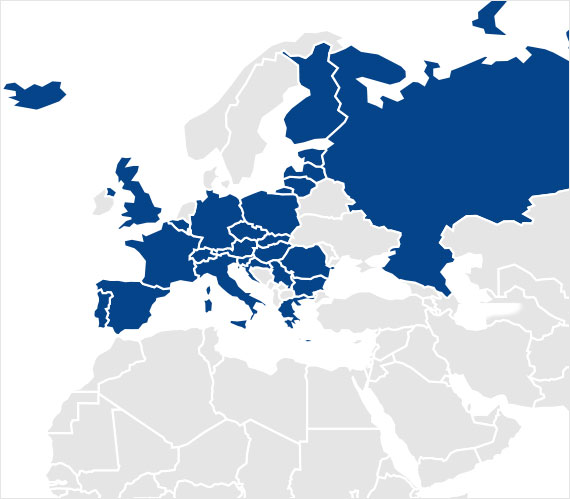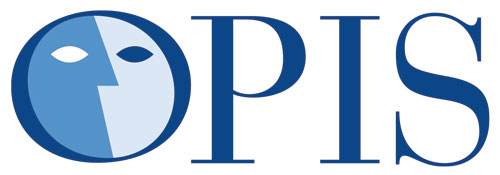Cardiovascular Diseases
Cardiovascular diseases (CVDs) are a group of disorders of the heart and blood vessels and they include:
coronary heart disease, cerebrovascular disease, peripheral arterial disease, rheumatic heart disease caused by streptococcal bacteria, congenital heart disease, deep vein thrombosis and pulmonary embolism.
Cardiovascular Diseases (CVDs) are the leading cause of death worldwide. An estimated 17.9 million people died of CVDs in 2016, accounting for around 31% of global deaths. The global burden of CVD falls, principally, on the lower- and middle-income countries, accounting for over 80% of CVD deaths.
Individual populations face differing health challenges, and each specific population has unique health burdens, however, CVD continues to remain one of the greatest health challenges worldwide. According to American Heart Association, by 2020 heart disease and stroke will become the leading cause of both death and disability worldwide, with the number of fatalities projected to increase to over 20 million a year and by 2030 to over 24 million a year.
An important role is represented by prevention: most cardiovascular diseases can be prevented by addressing behavioural risk factors such as tobacco use, unhealthy diet and obesity, physical inactivity and harmful use of alcohol using population-wide strategies.
From a therapeutic point of view there has been a steady increase in the number of large randomized trials in the last few decades. These trials have helped gaining experience for the diagnosis and treatment of CVDs such as acute myocardial infarction, heart failure, arrythmias, coronary revascularization and chronic coronary artery disease.
In this scenario, the scientific community is tackling the problem from different perspectives. A huge step forward would be reliable diagnostic blood tests, in order to accurately diagnose a heart disease before it eventually leads to a cardiac event. Moreover, medical devices, which have long been used in the field, have found new strength thanks to technological advancements and to the fact that are well accepted by the patients; indeed, patients are more interested in non-invasive devices or therapies that can be implanted through a single surgical procedure, rather than a chronic pharmacological treatment that can often bring side effects or complications.
Because of the dramatic incidence of CVDs on the world population, the challenge to develop new therapeutic strategies is growing at a steady pace. However, since most cardiovascular trials are large and long-lasting projects, with unique obstacles related to enrollment and retention, and to the regulatory requirements that pose significant challenges to the Sponsors in terms of costs and timelines.
OPIS has managed over 70 studies in this therapeutic area and can therefore be considered a CVDs-focused CRO; indeed, we are a CVDs-focused CRO with the necessary expertise and know-how to provide and excellent service to the Sponsors that are tackling this ever-growing challenge in order to bring new therapies to the market.


Contact Us!
Whether you are Sponsor, a Clinical Research Professional or an Investigator contact us to learn more about how we can help.




